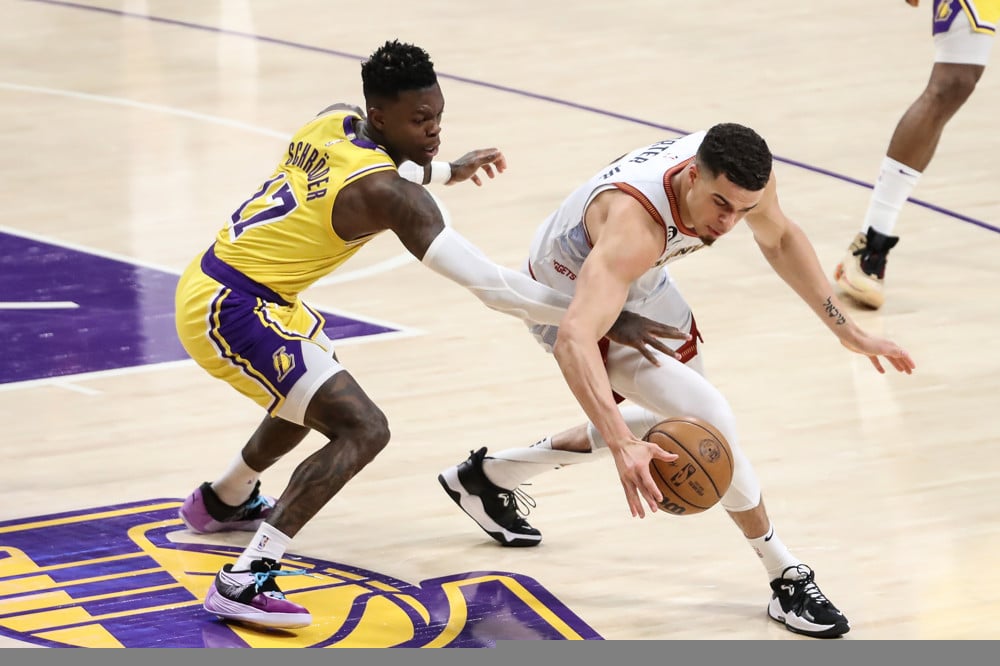Bussiness
Elon Musk’s $55 billion Tesla payday reckoning is almost here
Tesla kicks off its annual shareholder meeting on Thursday — and Elon Musk’s $55 billion pay package is hanging in the balance.
Shareholders have been voting over the past few weeks on whether Tesla should reinstate Musk’s compensation plan, which was valued at $55 billion when it was struck down by a Delaware judge earlier this year.
Now, it’s almost time to see where the votes have fallen.
On Thursday, the electric carmaker is set to announce the results of the vote, which could have major ramifications for Tesla’s stock price and the future of the company.
Earlier in June, the chair of Tesla’s board, Robyn Denholm, warned that the company might lose Musk’s attention and fail to motivate the CEO if Tesla was unable to reinstate the pay package. Similarly, Musk has threatened to take his work with AI outside Tesla if he’s unable to secure additional voting shares.
The pay plan was first approved by shareholders in 2018. Musk’s compensation is determined by Tesla’s ability to hit a series of financial goalposts under his leadership, and it involves a 10-year grant of 12 tranches of stock options that are vested when Tesla hits specific targets. When the company passes each milestone, Musk receives stock equal to 1% of outstanding shares at the time of the grant. Tesla said it hit all 12 targets as of 2023.
In January, a Delaware judge voided the pay package, arguing that Musk had undue influence over the creation and approval of the package and that the carmaker failed to properly disclose Musk’s influence to shareholders.
How it could play out
If the majority of shareholder votes are in favor of Musk’s pay package, the company may be able to eventually reinstate the plan, though it probably won’t go into effect immediately.
The company said in a filing with the Securities and Exchange Commission that it would seek to reverse the ruling and would use an affirmative vote to argue against the judge’s decision.
But if the majority of Tesla shareholders vote against the proposal, it’s less clear what next steps the company — or Musk — will take.
The company could still attempt to appeal the judge’s ruling, Anat Alon-Beck, a corporate-law expert at Case Western Reserve University, previously told Business Insider. Tesla also indicated in the regulatory filing that it was considering putting forth an alternate pay plan if the proposal failed to go through. Tesla said the new plan “would need to be of a similar magnitude to the 2018 plan.”
A spokesperson for Tesla didn’t respond to a request for comment.
Over the past few months, Tesla has gone all out in its efforts to promote Musk’s pay package and encourage investors to vote. The company bought up ads and issued a series of letters to shareholders.
The initiative has pitted institutional investors, many of whom have already come out against the proposal, against Tesla’s army of retail investors. Tesla fans and Tesla employees have meanwhile taken to social media over the past month to promote the proposal.
On Saturday, Musk said on X that 90% of the retail investors who had voted thus far had voted in favor of the pay plan. Tesla’s retail investors hold a notable level of power at the company. Individual investors hold a large portion of Tesla stock, accounting for about 44% of Tesla shares, according to S&P Global Market Intelligence data cited by Reuters in May.
Musk’s compensation isn’t the only issue that Tesla investors have been weighing. The company is also asking investors to vote on whether to move Tesla’s state of incorporation from Delaware to Texas and a separate proposal to reelect the Tesla board members Kimbal Musk, who’s the Tesla CEO’s brother, and James Murdoch.
Do you work for Tesla or have a tip? Reach out to the reporter via a non-work email and device at gkay@businessinsider.com or 248-894-6012.








